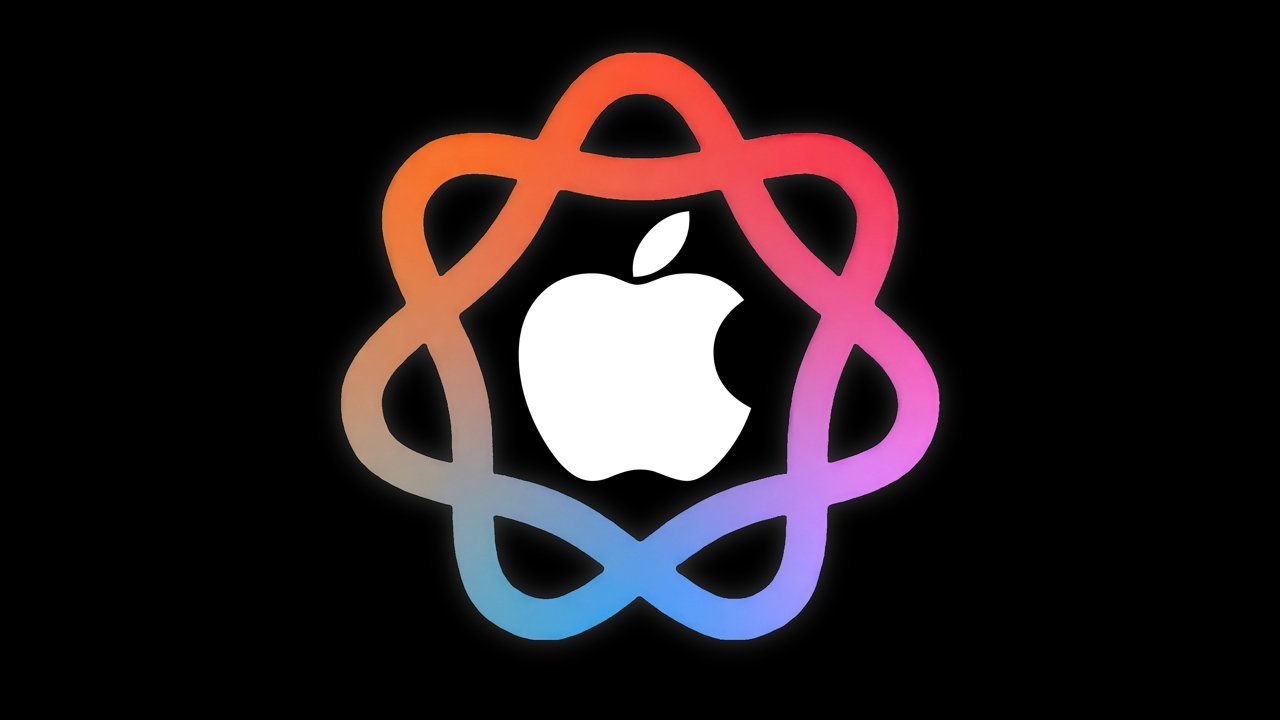In recent developments within the tech industry, two significant stories have emerged: Uber’s intricate subscription cancellation process leading to legal action, and Bluesky’s introduction of a new verification system reminiscent of Twitter’s original blue checks.
Uber’s 32-Step Cancellation Process Under Scrutiny
Uber’s subscription service, Uber One, offers benefits such as discounts on rides, free delivery on certain food orders, and access to top-rated drivers. However, the Federal Trade Commission (FTC) has filed a lawsuit against Uber, alleging that the company enrolled consumers into Uber One without their consent and imposed a convoluted cancellation process. According to the FTC, users were required to navigate up to 23 screens and perform as many as 32 actions to cancel their subscription. Additionally, some users were charged before their free trial ended, and the savings promised by Uber One were misrepresented by not accounting for the subscription fee. These actions are claimed to violate the FTC Act and the Restore Online Shoppers’ Confidence Act, which mandates clear disclosure of service terms, obtaining consumer consent before charging, and providing a straightforward cancellation method. Uber has acknowledged the issue of premature charges and stated that it has been rectified, but denies the other allegations. This situation highlights the importance of transparent subscription practices and the need for companies to facilitate easy cancellation processes for consumers.
Bluesky Introduces Blue Check Verification System
Bluesky, a decentralized social networking platform, has announced the rollout of a blue check verification system for authentic and notable accounts. This initiative mirrors the former verification approach used by Twitter before its rebranding as X. Bluesky’s CEO, Jay Graber, stated that the platform will proactively verify trusted users and display a blue check next to their names to enhance user trust. The initial focus is on verifying government officials, news organizations, journalists, and celebrities. Additionally, Bluesky offers a self-verification option, allowing users to set their domain as their username to establish authenticity. This development contrasts with Twitter’s 2023 overhaul, which replaced the original verification system with a paid model, enabling broad access to account verification. Bluesky’s approach aims to provide a more trustworthy environment for users by ensuring that verified accounts are genuinely notable and authentic.
Implications for the Tech Industry
These developments underscore the evolving landscape of user trust and transparency in the tech industry. Uber’s legal challenges highlight the necessity for companies to adopt clear and straightforward subscription practices, ensuring that consumers can easily manage their subscriptions without undue burden. On the other hand, Bluesky’s introduction of a blue check verification system reflects a commitment to maintaining authenticity and trust within its platform, offering users a reliable alternative in the social media space. As the industry continues to evolve, these cases serve as reminders of the importance of user-centric policies and the need for platforms to prioritize transparency and trustworthiness.



